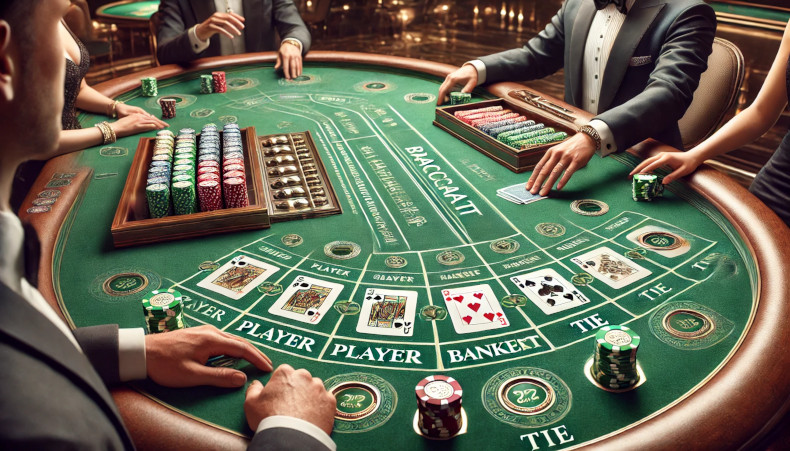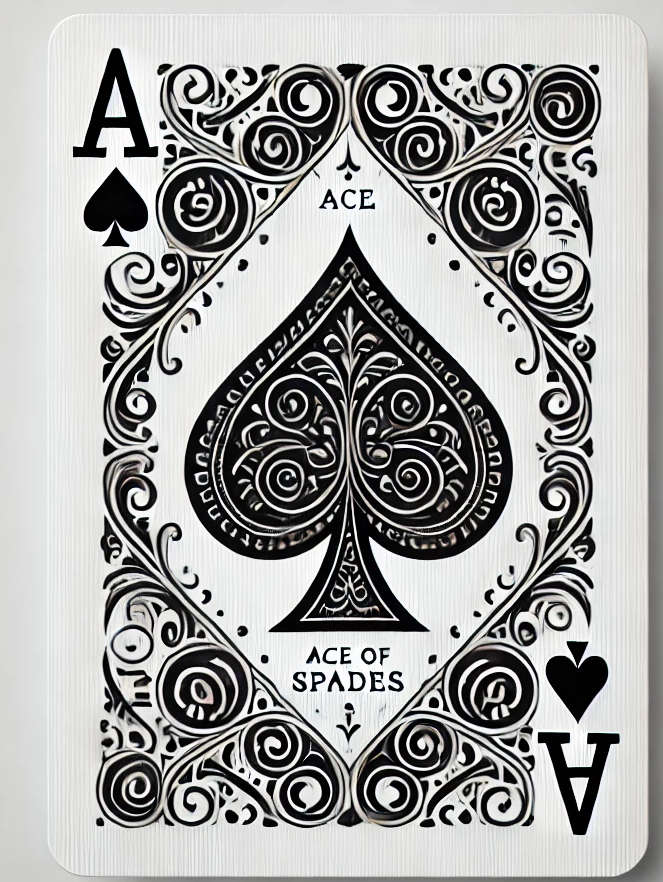In April 2022, federal authorities in the Central District of California unsealed charges against an illegal sports betting ring that made millions, implicating former pro athletes and a check-cashing front. The principal accused was Wayne Nix, a Newport Coast ex-minor league baseball player who’d built a sprawling bookmaking empire over two decades. By 2025, this case—known as the “Online Sports Betting Fallout” serves to show that unregulated gambling exists in sports gambling in California.
Nix’s operation doesn’t appear to be small-time. Court docs reveal a $5 million Super Bowl bet in 2019, with clients including MLB and NFL alumni placing wagers through a Costa Rica-based site, Sand Island Sports. It is alleged his partner, Edon Kagasoff, and others like Kenneth Arsenian and Joseph Castelao ran the show, while Sherman Oaks Check Cashing laundered over $18 million in illicit checks. Plea deals rolled out fast: Nix admitted to conspiracy and tax fraud by April 2022, forfeiting $1.3 million and owing $1.2 million in back taxes while Arsenian pled to money laundering and unreported millions, parting with $341k. Sherman Oaks paid a $500k fine.
The case’s timing collided with a 2022 push to legalize online sports betting ibn California via Proposition 27, backed by giants like DraftKings and FanDuel. Prop 27 promised a regulated market, partnering with tribes, but voters crushed it—83% against—alongside Prop 26 (tribal retail betting), sunk by 70%. The Nix fallout fueled skepticism: if pros and insiders were already knee-deep in illegal bets, what chaos might legalization unleash?
Meanwhile, California’s legal sports betting saga stalled. After 2022’s ballot flop, tribal opposition killed 2023-2024 initiatives. Pala Interactive’s 2024 push for tribal-run online betting fizzled without signatures, and by March 2025, the earliest next shot is 2026. The Nix case didn’t help. Its high-profile mess (a $245k NFL debt, a $5M Super Bowl punt) gave ammo to anti-betting voices, like the LA Times’ Dave Zirin, who warned of sports’ integrity eroding. Tribes, guarding their casino monopoly, saw it as proof outsiders can’t be trusted.



